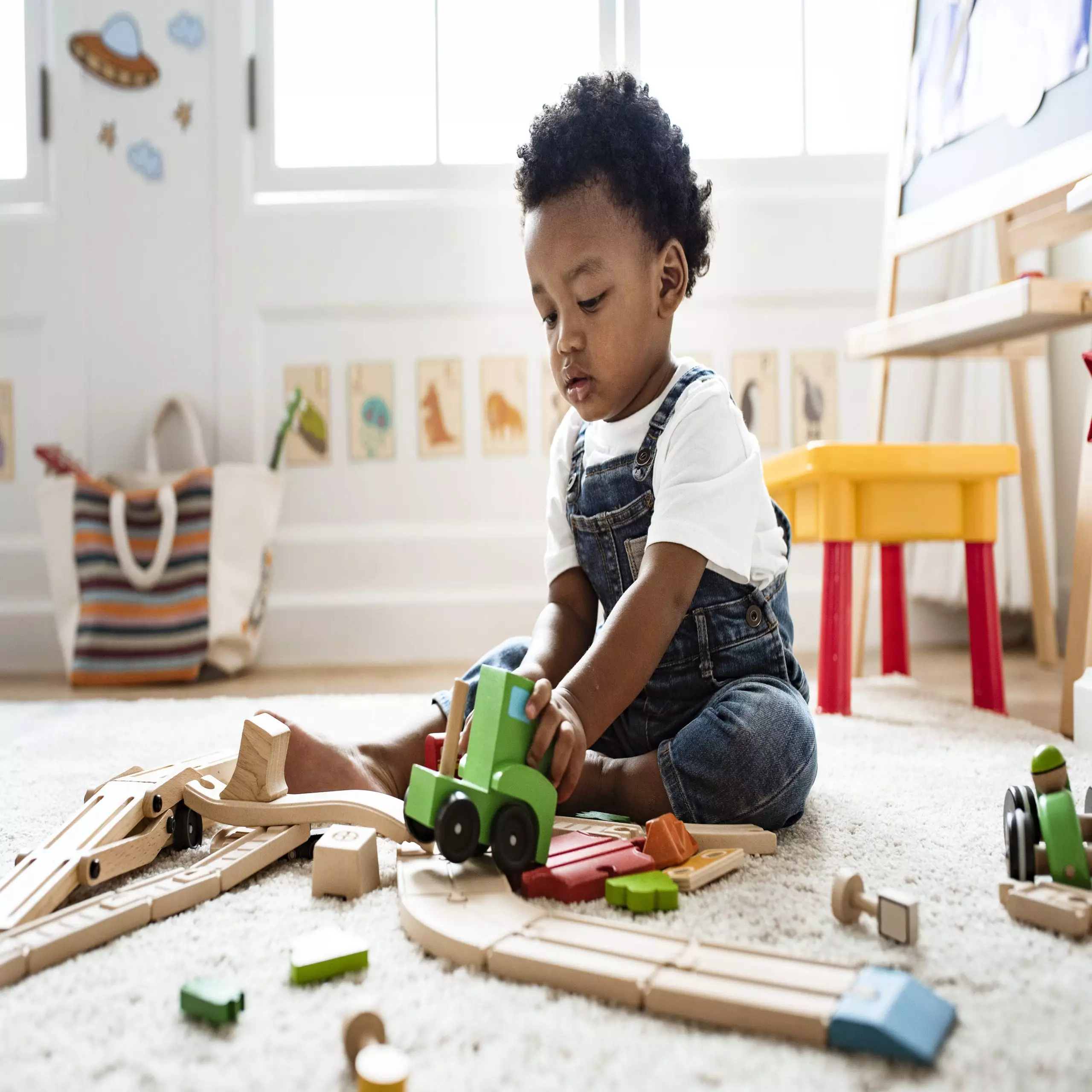Raising toddlers is no small feat; parents are often navigating through a whirlwind of responsibilities while seeking the best for their developing children. A crucial facet of early childhood development lies in the understanding that approximately 85% of brain growth occurs within the first three years of life. This period is marked by remarkable changes, and how parents engage with their toddlers significantly influences emotional, cognitive, and physical health. Here, we explore various strategies to foster healthy development through interactive and enriching experiences.
One impactful way to support your toddler’s growth is through reading. Opting for storytime instead of screen time can profoundly enhance your child’s language and literacy skills. This interaction builds a foundation for a robust vocabulary and listening aptitude, which are predictors of future academic achievements. Look for books that captivate your child’s imagination. Picture books filled with vibrant illustrations not only maintain engagement but are also instrumental in introducing language and numerical concepts.
When selecting reading materials, pay attention to your child’s interests—whether it’s animals, vehicles, or adventures—in order to make the experience appealing. Additionally, steer clear of overly scary narratives, as gentle stories with themes of caring and diversity foster an inclusive mindset. Encouraging your child to participate, such as turning pages or making sound effects, turns reading from a solitary activity into a shared adventure, reinforcing the joys of literature.
As toddlers transition from breast milk or formula, it becomes vital to ensure they receive adequate nutrition for healthy development. Introducing milk as a staple can be beneficial, as it is often fortified with essential vitamins such as vitamin D. Instead of juice, which can be high in sugar, opt for milk to nurture strong bones and teeth.
However, toddlers may frequently express preferences that fluctuate between the foods they enjoy. The key to overcoming this challenge lies in persistence and creativity. Research indicates that it takes up to 15 exposures before a child might accept a new food. Make mealtime enjoyable by transforming it into a game, incorporating dips for vegetables, or presenting foods in fun shapes. This encourages exploration and allows children to develop a positive relationship with diverse food options.
Tapping into toddlers’ natural inclination for movement not only aids physical development but also serves as an excellent outlet for their boundless energy. Engaging in outdoor activities ensures that children practice essential motor skills—whether through riding a tricycle, pushing a stroller, or playing with balls. Exploring different forms of movement provides toddlers with the chance to develop coordination and balance.
Gardening is another delightful way to introduce children to the outdoors. By encouraging toddlers to help in the garden, they learn about nature and responsibility while improving fine motor skills through activities like planting seeds or watering plants. Additionally, establish a connection with nature at an early age, fostering an appreciation for the environment.
Play is not merely a form of entertainment for toddlers; it’s an avenue for cognitive and social development. Providing your child with open-ended toys—like puzzles, building blocks, or art supplies—encourages exploration and creative problem-solving. Engage in activities that prompt them to think critically and manipulate objects effectively, which are essential skills for later academic tasks.
Active participation in problem-solving games, where you might share a puzzle or construct something together, helps develop logical thinking and boosts confidence. It’s beneficial for toddlers to encounter challenges and learn to navigate them, fostering resilience and innovation.
When celebrating milestones like birthdays, consider gifting your toddler with experiences rather than material items. Research suggests that experiences contribute more substantially to long-lasting happiness than physical possessions. Plan outings to the zoo, a farm, or even a local concert tailored for children. The memories formed through such experiences enrich their understanding of the world and nurture social interaction.
Encourage family and friends to join in these activities, fostering a sense of community and shared joy. Documenting these moments through photographs not only preserves memories but also helps children revisit those experiences in the future, reinforcing their importance.
Fostering healthy development in toddlers requires a proactive and engaged approach from parents. By incorporating reading, healthy nutrition, active play, and enriching experiences, we lay the groundwork for well-rounded children. Embrace the challenges and joys of parenting this age; each moment is an opportunity to shape the future of our little ones. Together, let’s cultivate strong, curious, and confident individuals ready to tackle the world ahead.

